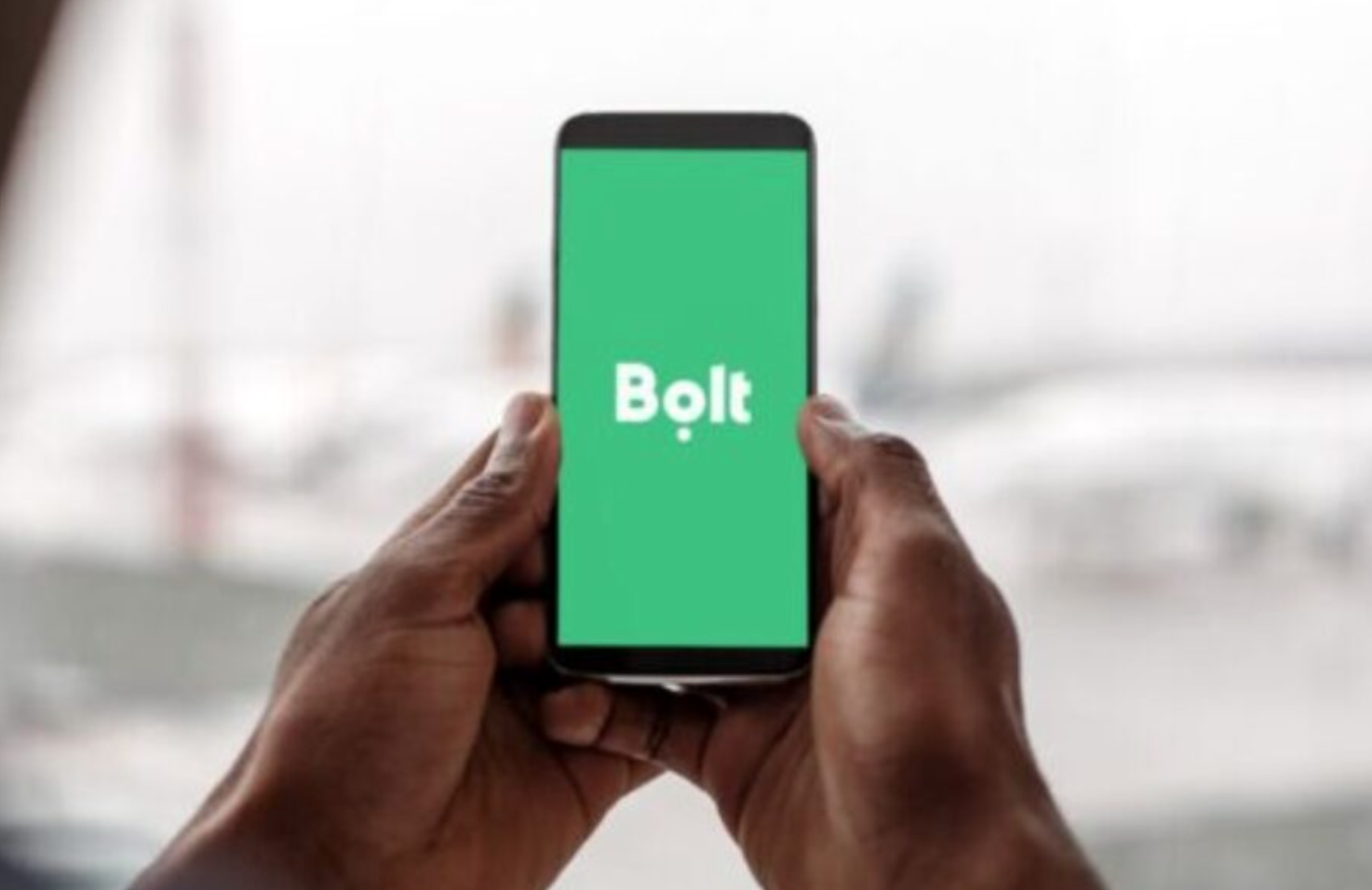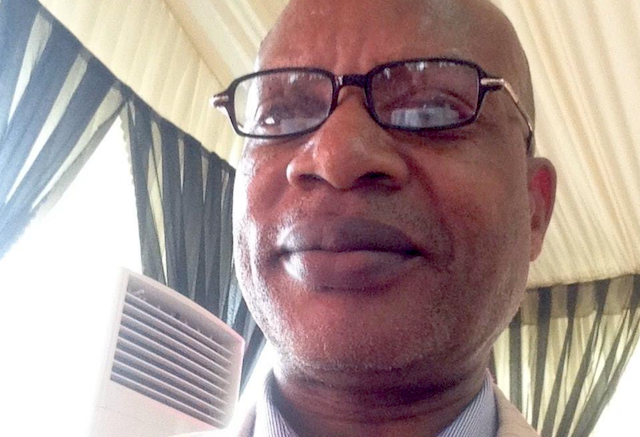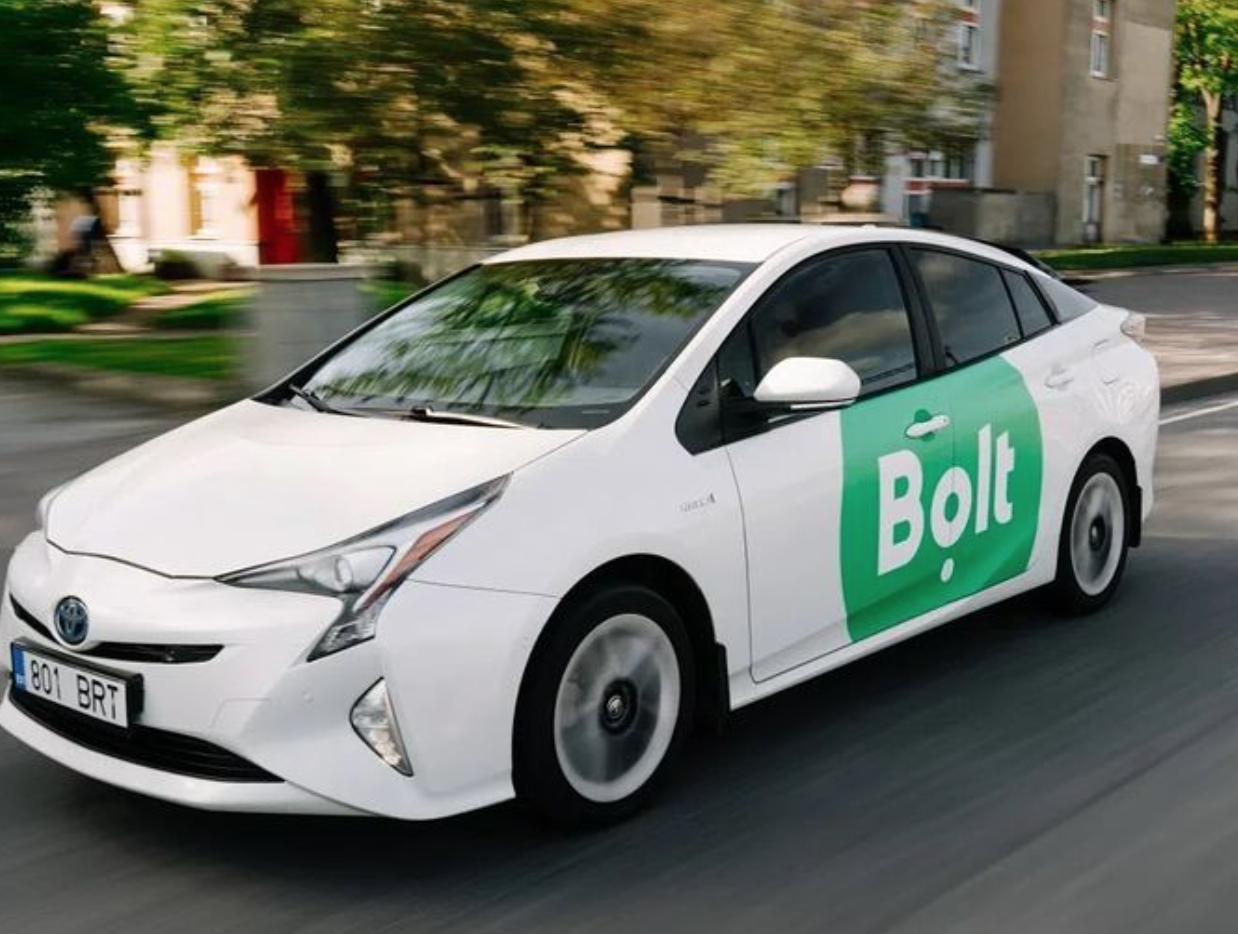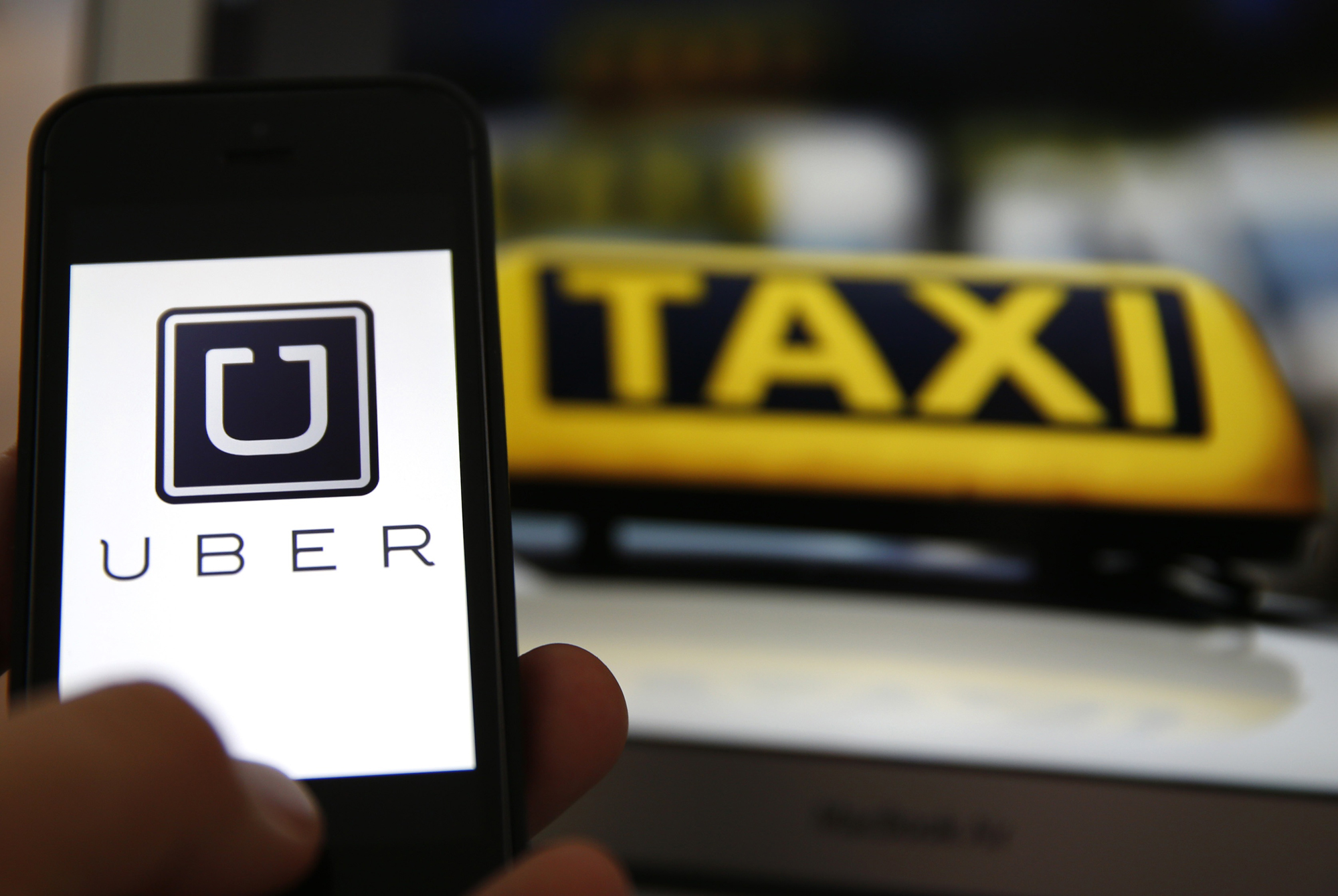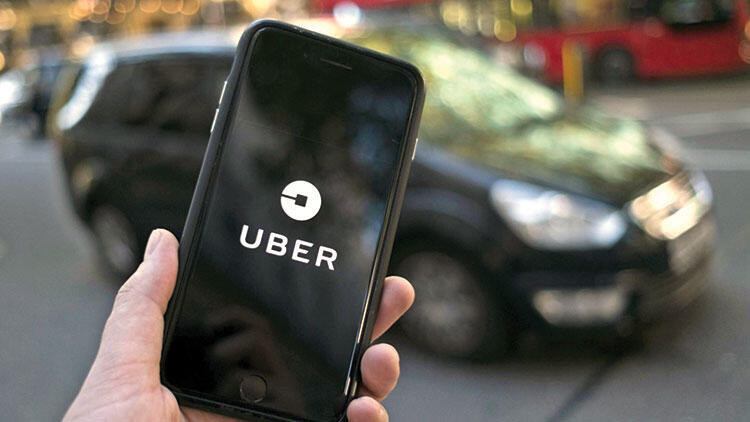What’s become of the three-count charge of “abuse of office, assault, and threat to life” instituted by the Nigeria Police against a House of Representatives member, Alex Ikwechegh, for dehumanising an e-hailing Bolt driver, Stephen Abuwatseya, on October 27, 2024, in Abuja?
On October 28, the Police interrogated Ikwechegh, and on October 30, they announced his prosecution, with a post on X by the Force Police Public Relations Officer, Muyiwa Adejobi, stating, in all caps: “RULE OF LAW: POLICE PROSECUTES HON ALEXANDER IKWEGH FOR ASSAULT.”
At his docking, Ikwechegh pleaded not guilty to the charges, and after an oral application moved by his counsel, the presiding Chief Magistrate Abubakar Umar Sai’id granted him bail for N500,000, and in-like sum by two sureties, who must reside in the court’s jurisdiction, and show evidence of payment for utilities, and adjourned the trial to November 8.
But in the intervening period, several twists were introduced into the matter. On October 29, Ikwechegh apologised for his misguided physical abuse of Abuwatseya. On November 7, Abuwatseya apologised to Ikwechegh for provoking him prior to the assault. And on November 8, Abuwatseya’s lawyers withdrew their pro bono service following his apology to Ikwechegh.
Abuwatseya’s travail began on October 27 in Abuja when he delivered a package to Ikwechegh’s house, and asked the lawmaker to come to the gate to receive it. One thing led to another, and Ikwechegh hit Abuwatseya three times, threatened to make him “disappear anywhere in Nigeria,” and dared him to report the incident to the authorities, including the Inspector General of Police (IGP).
To worsen matters for Abuwatseya, the police orderly attached to Ikwechegh bundled him to the Maitama police station, and accused him of going to Ikwechegh’s house to attack him. But a video posted by Abuwatseya on social media told a different story, and the IGP’s office moved the case apace therefrom.
Stunned Nigerians were quick to condemn the not-so-strange but abhorrent behaviour of a high-up against a lowly individual, with a near-unanimous call – even from his constituents, political party, the National Assembly (NASS), and a coalition of civil society organisations (CSOs) – for Ikwechegh’s head.
It’s one of the fastest pursuits of justice by the State, and on behalf of an alleged victim. While the Police woke up from their lethargy and took immediate steps to prosecute Ikwechegh, the Kuje Chief Magistrates’ Court, Abuja, didn’t delay to dock the lawmaker.
Besides, lawyers from Deji Adeyanju and Partners, Abuja, offered Abuwatseya a pro bono (free) service on October 28 – a day after the incident – when a “visibly distressed” Abuwatseya approached it, seeking legal action, and “after verifying his claims, the firm took steps to defend his rights on a pro bono basis, leading to the arraignment of the accused.”
But on November 8, the story got curiouser as Abuwatseya, in a video recording, admitted he’s to blame for the incident, saying he wanted to “apologise” for provoking Ikwechegh to rough-handle him.
In the video release on November 7, Abuwatseya said: “Good day, Nigerians. My name is Stephen Abuwatseya. I had a misunderstanding with Rt. Hon. Alex Mascot Ikwechegh a few days ago. I actually want to apologise to him for whatever I must have said or done to provoke him to that level of anger.
“I want to tell Nigerians that it’s not time for us to start dividing ourselves based on religion, tribe, or region. We should actually come together, see how we can unite this nation, and move it forward.
“Please, Nigerians, let’s forgive and forget, as it’s even contained in our Lord’s Prayer, that ‘Lord, please forgive us, as we forgive those who trespass against us.’ For there is no justice without forgiveness. Thank you very much.
“I want to use this medium to thank my family members, my parents, my brothers, my uncles and everybody that stood by me. I want to thank all of you. I love you all. Thank you. God bless you.”
What a disappointment, disservice, desertion of and disrespect to the public, who condemned Ikwechegh’s behaviour and called for action against him, the Police, who expeditiously arraigned him for prosecution, and the lawyers, who represented Abuwatseya pro bono!
If Abuwatseya were to allow the assault case to run full course, it’d be a “locus classicus (a classic case or example). Hence the November 8 headline by the online publication, Theconclaveng, aptly captured Abuwatseya’s peace overture as, “Anti-climax as Bolt driver apologises to Abuja lawmaker, Ikwechegh.”
In pleading for the understanding of Nigerians to “forgive and forget,” Abuwatseya suddenly remembered the biblical injunction: “And forgive us our debts, as we also have forgiven our debtors” (Matthew 5:22 and 6:12-15, Mark 11:25-26, and Ephesians 4:31-32).
But Abuwatseya forgot to also recall the injunction in Matthew 5:38-40, which counsels that: 38 “You have heard that it was said, ‘Eye for eye, and tooth for tooth.’ 39 But I tell you, do not resist an evil person. If anyone slaps you on the right cheek, turn to them the other cheek also. 40 And if anyone wants to sue you and take your shirt, hand over your coat as well.”
If Abuwatseya had weighed the admonition of “turning the other cheek,” he wouldn’t have sought justice for his assault in an “Eye for eye” by consulting the law firm of Deji Adeyanju and Partners, and allowing the Police to arraign, and the court to dock Ikwechegh. He would simply have licked his wounds and forgot the incident ever occurred!
Abuwatseya took all Nigerians, the institution of the Police and the legal profession for granted, and threw them under the bus, as his plea for forgiveness doesn’t appear genuinely-introspective. Has some water passed under the bridge, with Abuwatseya pressured or “paid” to recant, which he’s kept away from the public, the Police, and his legal team?
Ironically in this drama, Ikwechegh’s unfussily presented himself for arraignment, granted bail on non-self-recognisance, showed contrition for his misbehaviour, and made a pledge for community service initiatives to promote respect, empathy, and understanding.
Ikwechegh’s statement to that effect on October 29 reads: “A video has surfaced, showing me engaging in unacceptable behaviour towards an Uber driver who came to deliver a waybill for me. I am deeply sorry for my actions and acknowledge that they were unacceptable and unbecoming of a public official.
“As a public servant, I recognize the trust placed in me by my constituents and the Nigerian people. My behaviour fell short of the standards expected of me, and for that, I am truly sorry. I understand that my actions have caused harm and embarrassment to the driver, my constituents, and the nation at large.
“I want to assure the public that I am fully cooperating with the Nigerian Police investigation into this matter. I support their efforts to ensure that justice is served and that those responsible are held accountable. I also appreciate the swift condemnation of my actions by my party and the Nigerian Police, demonstrating our collective commitment to upholding the law and protecting the rights of all citizens.
“I am taking immediate steps to address the underlying issues that led to this incident. I am seeking professional counselling to ensure that such behaviour never happens again. I urge all Nigerians to join me in promoting a culture of respect, tolerance, and understanding. We must work together to build a society where everyone is treated with dignity and respect.”
The latter path Ikwechegh’s trod belies the attitude of most politicians and people of high stations in life in Nigeria, who throw around their power and influence, and ride roughshod on hapless Nigerians, like Abuwatseya.
Nonetheless, two painful reminders have emerged in this episode: Abuwatseya casting the incident as a “misunderstanding” that needed no third-party intervention; and his treatment of the lawyers, who offered him pro bono service on humanitarian grounds.
While many may shrug their shoulder and say, “What’s our business if Abuwatseya wants the case closed,” his lawyers’ response touches on his apparent breaking of the attorney-client relationship, which rubs off on their integrity and the legal profession they wanted to uphold by withdrawing their free service to Abuwatseya.
“We wish to formally announce the withdrawal of our legal representation in the case involving the alleged assault of Mr. Stephen Abuwatseya,” a statement by Zainab Ortega, on behalf of the law firm, said of their withdrawal from the case.
“After careful consideration, we have made the decision to withdraw our legal representation in order to protect our professional integrity and maintain the highest ethical standard in the legal profession,” the statement added, even as the law firm wished Abuwatseya well, and reaffirmed its commitment to defending the rights of the oppressed and marginalised individuals in society.
Abuwatseya’s about face reflects a somber lesson for Nigerians, whose quick expression of sympathy for assumed victims verges on a mob’s mentality. Were obviously enraged Nigerians to have access to Ikwechegh at the scene of the “misunderstanding” with Abuwatseya, or soon after, they would’ve given him “jungle justice” before asking – if at all – to know what happened between the duo. By then, it might be too late!
Yet, the public, the Police and human rights lawyers shouldn’t be deterred and discouraged by the turnabout in the instant case. They’d continue to defend ordinary citizens against the predatory menace of the powerful and the mighty across Nigeria’s landscape.
Mr Ezomon, Journalist and Media Consultant, writes from Lagos, Nigeria.

